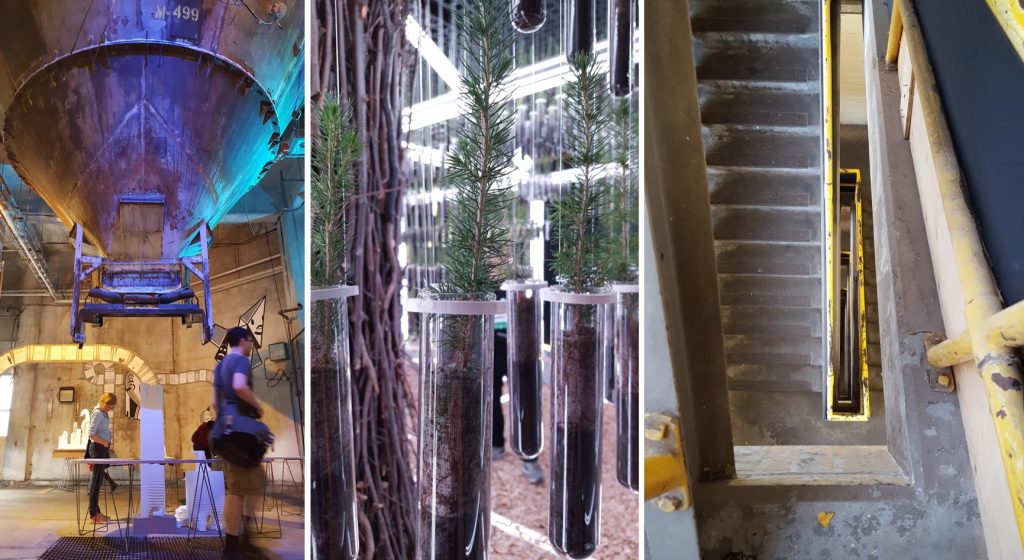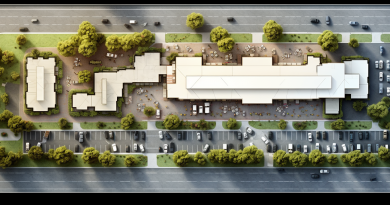DX’s EDIT Festival in Toronto
On a last-minute weekend trip to Toronto with a friend, I accidentally happened upon the EDIT Festival. Billing itself as the Festival of the Future and produced by the Toronto Design Exchange museum in conjunction with the United Nations Development Programme, EDIT offered exhibits, speakers, and workshops, spread across six floors of a vacant, 150,000 square foot former soap factory east of downtown Toronto.
We toured a net-zero, modular Passive House designed by a collaborative team from Ryerson University and the Endeavour Centre, which boasted 18 pounds of construction waste– mostly, docents told us, styrofoam packing.
The high thermal mass of the reinforced concrete structure kept the inside cool even on an uncharacteristically sticky hot October day, and we were able to tour an impressive array of design projects. Bruce Mau produced the first floor exhibit, comprising an expansive series of novel infographics addressing everything from the polarization of partisan voting to visualizations of corporate carbon footprint reduction covered floor-to-ceiling displays on the first floor, with stark, black-and-white humanitarian images filling the versos (by Paolo Pellegrin). Design projects ranged from the highly practical (a giant machine designed to capture and process plastic waste in the Pacific Ocean) to the design-topheavy (a ring made of compressed air pollution particles that are collected in a novel filtration machine).
I remembered ExtraSchicht in the Ruhr, which populated vacant spaces around the industrial region of western Germany for a celebration of industry and culture, and thought about the giant factory building being demolished down the street from me at Trumbull and Grand River here in Detroit, since it seems we would rather erase than reimagine. DX president and CEO, Shauna Levy, chose this location specifically as “the kind of site that wouldn’t carry any preconceived baggage about who belongs and who doesn’t,” according to the Globe and Mail.
We’ve got some abandoned factories in Detroit. Maybe we can use them for something other than black tie events for rich people?



